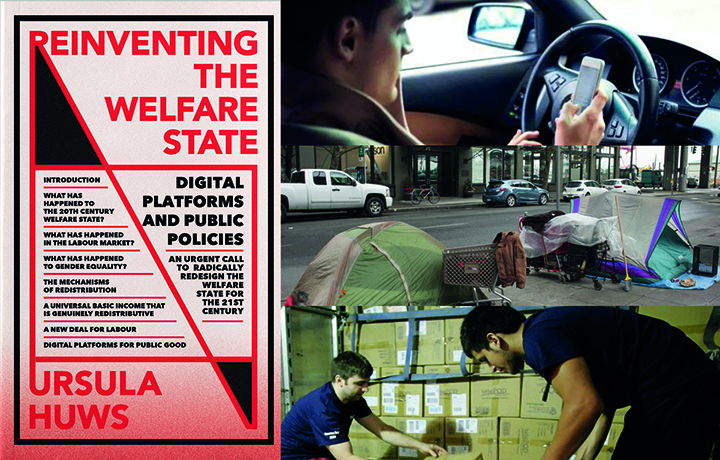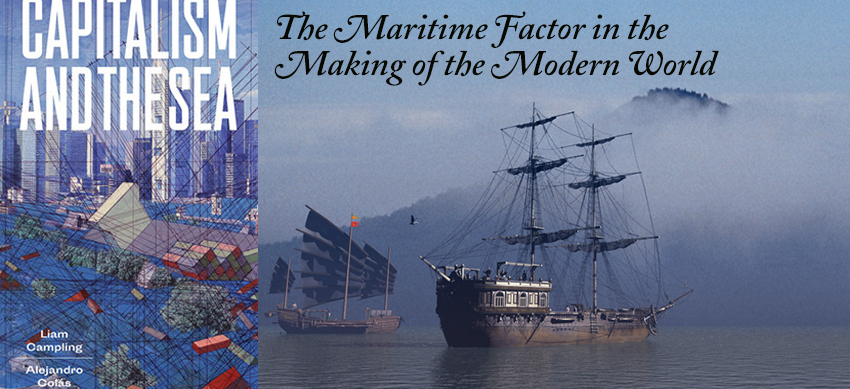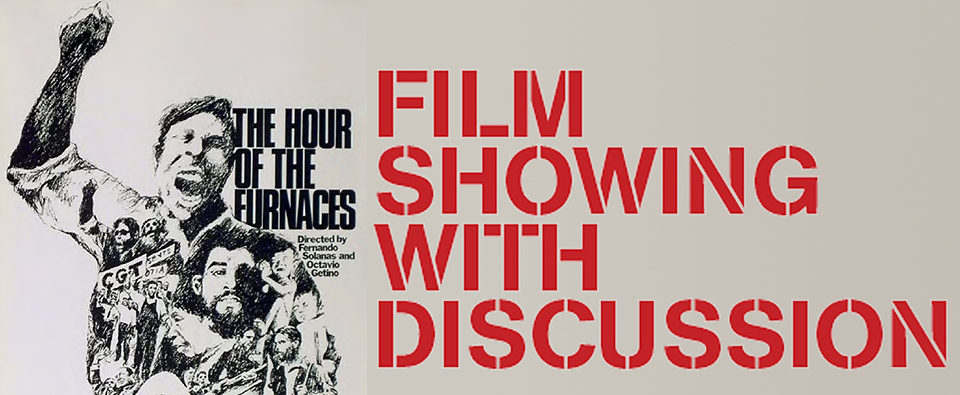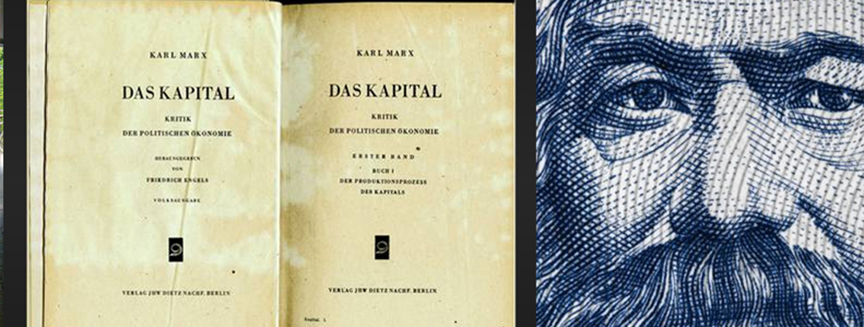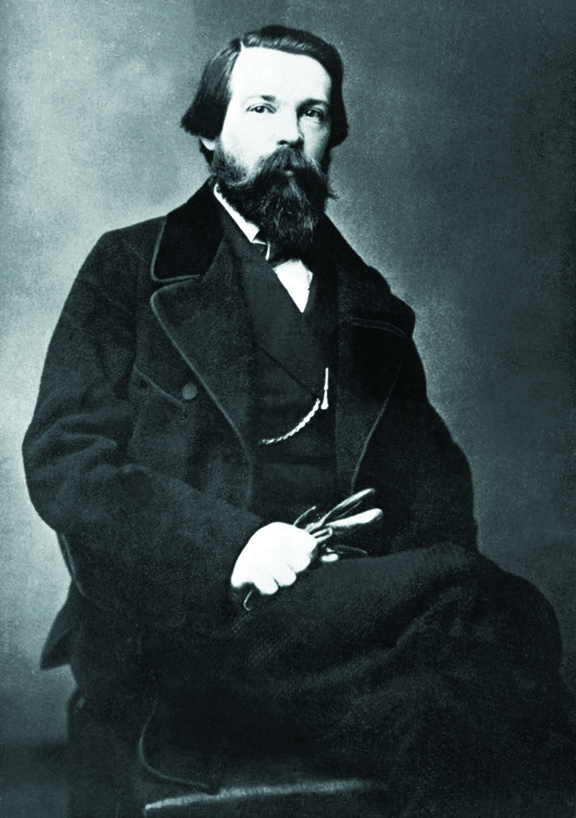Reinventing the Welfare State with Ursula Huws (Pluto FireWorks Series)
Online: Zoom link will be provided to registered participantsReinventing the Welfare State: Book + talk special
Online: Zoom link will be provided to registered participantsWeek of Events
Reinventing the Welfare State with Ursula Huws (Pluto FireWorks Series)
Reinventing the Welfare State with Ursula Huws (Pluto FireWorks Series)
In “Reinventing the Welfare State: Digital Platforms and Public Policies” Ursula Huws proposes a welfare state infused with social justice and equality, including a redistributive UBI (Universal Basic Income), decommodification of platforms and also universal workers' rights. With positivity and rigour, she outlines a ‘digital welfare state’ for the 21st century, which would involve a repurposing of online platform technologies under public control to modernize and expand public services, and improve accessibility.
Reinventing the Welfare State: Book + talk special
Reinventing the Welfare State: Book + talk special
With positivity and rigor, Ursula Huws will outline a ‘digital welfare state’ for the 21st century, which would involve a repurposing of online platform technologies under public control to modernise and expand public services, and improve accessibility.
Capitalism and the Sea
Capitalism and the Sea
While sea beds are drilled for their fossil fuels and minerals, and coastlines developed for real estate and leisure, the oceans continue to absorb the toxic discharges of carbon civilization – warming, expanding, and acidifying the blue water part of the planet in ways that will bring unpredictable but irreversible consequences for the rest of the biosphere.
Empire’s Endgame: Racism and the British State (a close reading group)
Empire’s Endgame: Racism and the British State (a close reading group)
Empire's Endgame maps the complex relations between empire, racist culture, political economy, and the practices of a security-oriented state seeking legitimacy in times of unbearable economic uncertainty. While the book's story unfolds in Britain, its lessons and warnings may well apply to the United States and many other crisis-ridden imperialist polities.
Start Early, Stay Late: Planning for Care in Old Age
Start Early, Stay Late: Planning for Care in Old Age
Covid-19 has exposed too many weaknesses in the neoliberal capitalist system to count, especially when it comes to the most vulnerable. For 10 years our international, interdisciplinary research team has been documenting the profound weaknesses in nursing home care within Canada, Germany, Norway, Sweden, the UK, and the US. The lines between for-profit and not have become increasingly blurred by various neoliberal strategies. One of these involves non-profit and state-owned homes contracting out services to for-profit firms as – in denial of the literature on the determinants of health – services such as food, housekeeping, and laundry have been defined out of care and dismissed as ancillary. This contracting out has not only undermined teamwork, but has also resulted in poor food, inadequate cleaning, and limited laundry – all of which threaten health.
The Hour of the Furnaces: A film screening with discussion
The Hour of the Furnaces: A film screening with discussion
The Hour of the Furnaces is a three-part film which analyzes the severe neocolonial situation of 1960s Argentina, radical wings of Peronism, and the role of violence in the national liberation process. Part 1, Notes and Testimonies on Neocolonialism focuses on the everyday violence of the Argentine, employing a Marxist analysis between quotes from Martí, Fanon, Césaire, Che, Mariátegui, and other revolutionary figures.
Creolizing Rosa Luxemburg, Session 3—Revolutionary Subjects
Creolizing Rosa Luxemburg, Session 3—Revolutionary Subjects
This panel explores what it means to act as a revolutionary subject through analysis of Walter Rodney’s ambivalence about Rosa’s criticisms of revolutionary Russia, critical consideration of Rosa’s writings on slave resistance, indispensability for contemporary progressive politics in South Africa, and turn to the other-than-human world to counteract the political violence of incarceration.
Capital, Volume 1, Part 3
Capital, Volume 1, Part 3
Chapters 16 through 25, will trace this development and reveals new dynamics and contradictions inherent to the logic of capitalist accumulation, culminating in Chapter 25, The General Law of Capitalist Accumulation. These developmental processes continue to be played out to this day and are witnessed in the immensity of wealth for a few at one pole of humanity, poverty at another, ruthless misuse and degradation of nature, and reduction of the human subject, the producing masses of real individuals, to an alienated object for capitalist exploitation.
Friedrich Engels with Terrell Carver and Kaan Kangal
Friedrich Engels with Terrell Carver and Kaan Kangal
All three author/editors celebrate the recent 200th birthday of Engels looking at his youthful works, his early relationship with Karl Marx, address controversy surrounding his Dialectics of Nature and give a broad reassessment of the importance of Engels pithing Marxisms, working class movements, science, philosophy and more.

